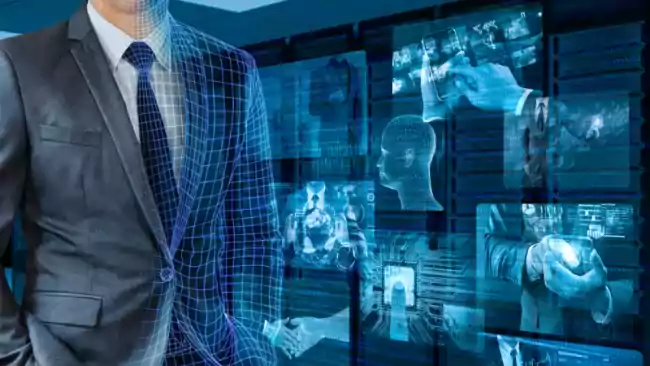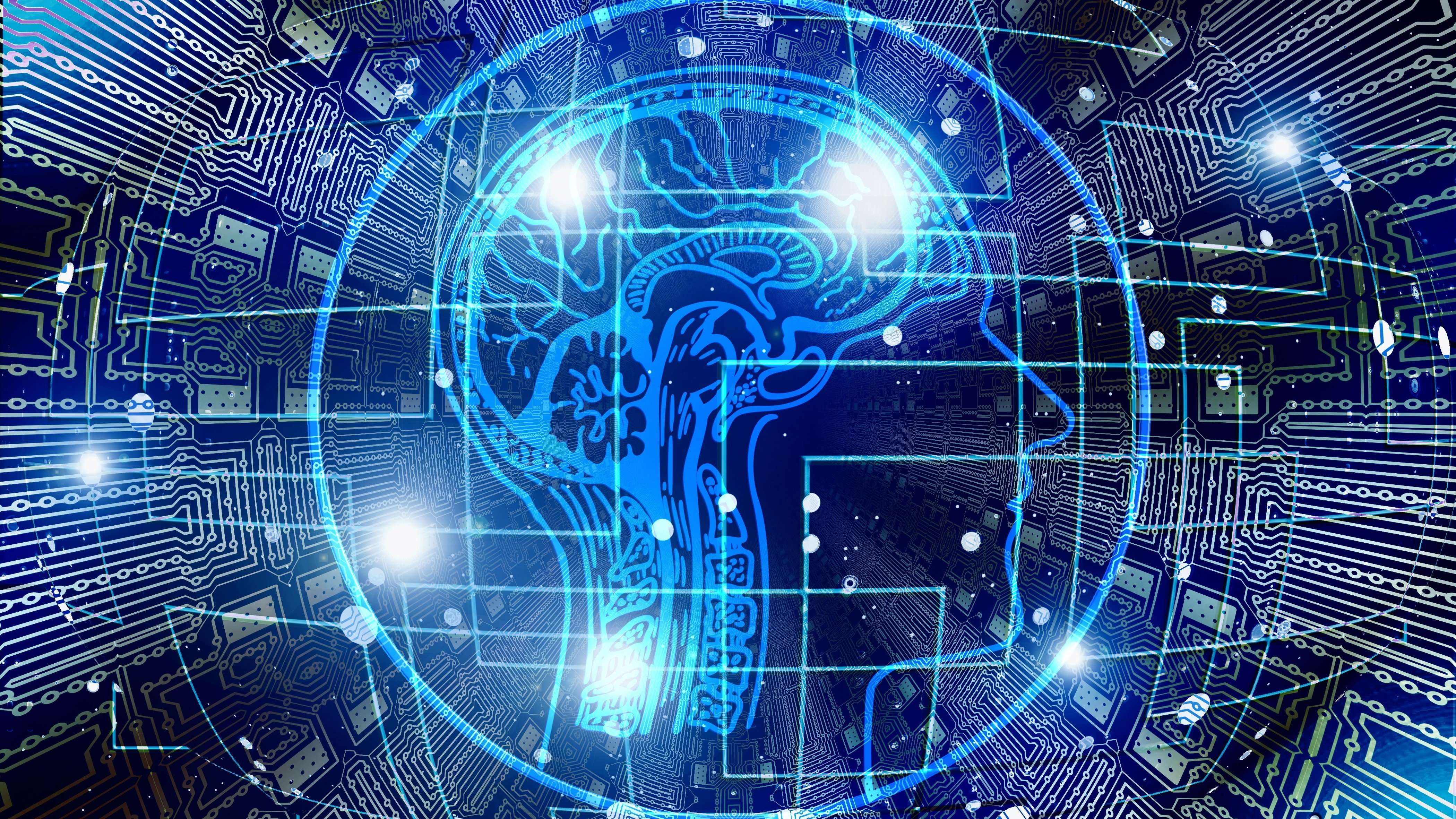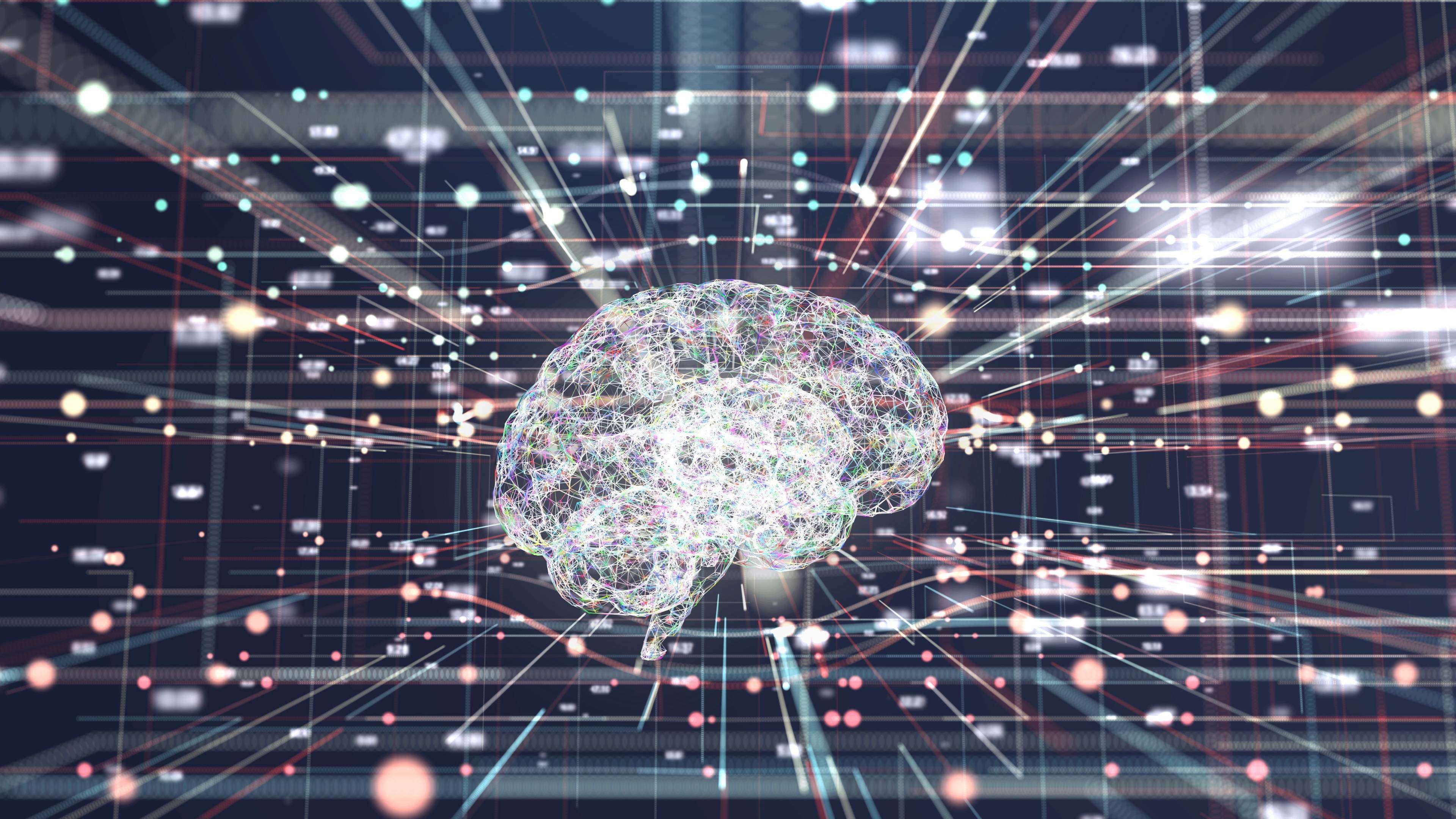Contents
Originally published by TechRadar. This article by Marc Vontobel, Starmind Founder & CTO examines how human-inspired AI can help provide organizations with access to previously hidden, or hard to reach human intelligence and workplace knowledge.
Adopting Artificial Intelligence (AI) to enhance productivity is increasingly viewed as a competitive advantage for companies. From productivity gains in the workplace through to autonomous cars, it’s fundamentally changing the way we work and live. Sundar Pichai, Chief Executive of Alphabet, stated at Davos earlier this year that AI will be more profound for humanity “than fire and electricity”.
And I agree with him—AI can (and is) revolutionizing industries. But a great deal of what we see labeled as AI today is closer to automation—algorithms that crunch complex calculations and serve automated but predetermined responses.
One of the most straightforward ways to think about AI is to define it as a machine’s ability to understand or perform in a way that would normally require human intelligence.
That’s precisely what engineers need to remember when building effective AI versus automated features. It needs to resemble human intelligence and therefore mimic the way humans learn. But this means replicating how humans forget too.
Human inspired AI
The capability to forget knowledge is an essential function in how people make space for new, relevant information. Research suggests that our brains never completely clear out all the information we absorb, rather, different memories are stored or distributed in various parts of the brain’s cortex. When we go to sleep each night, we replay and experience these memories again—a process which helps to create and reinforce neural pathways to help us remember them.
For AI to function autonomously it's a similar process accept the sleeping and dreaming aspect. It's not simply about leveraging and analyzing data in the greatest volume but how it can strategically forget and replace data effectively. However, the brain operates very differently to a machine. A human can look at an object and understand the core principles of it, forever understanding what that object is. A computer doesn’t process knowledge in that way—it may ingest thousands of images of a dog in order to determine if it's a dog and have to do this every time a request is made.
Through a neural network AI can process and learn to strategically forget data while keeping the concepts stored, just like a human. Instead of overwriting all the information it has previously acquired, it can filter and select the right intel. AI that constantly reevaluates learned information, in a similar way to the human brain, can then identify the most relevant data and use that in real time decision making—all with minimal computational power.
AI can help re-skill and develop people in the workplace
If you think about a company or a community, the scope of human intelligence is vast. Take an organization such as the Swisscom or Accenture, you may have hundreds of thousands of human brains available, all with different perspectives, experiences and understanding. Collaboration tools like Slack have made sharing information easier than ever. And organizations have without doubt gained more access to intelligence as a result.
But we’re still largely dependent on documented intel—information found in emails, reports, apps and documents. Too often are employees’ skills either not known, not searchable, not shared, or are underutilized. For an enterprise with thousands of employees this means it may have little to no understanding of its current skills and knowledge profile leading to loss of time and potential revenue. Leaving senior leaders unclear as to where gaps lie and how to prioritize the right skills development.
Despite fear mongering that AI will make people’s jobs redundant—ironically it’s AI that is best placed to unlock these human skills and usher in a new era of people-powered, creative and intelligent problem solving. Human inspired AI—or neural networks—go deeper into an organization and can create a collective brain. It can reveal, and provide access to, previously hidden or hard to reach intel that people have but haven’t recorded or shared.
By AI learning to forget certain information and learning to prioritize the correct, relevant information, it can ensure organizations have an accurate map of skills and knowledge across the company. Approached in the right way, AI can support human career development and skills augmentation. And if Gartner’s predictions are anything to go by, 70% of organizations will implement AI to assist employee productivity by 2021 in order to save 6.2bn hours.
By focusing less on how much data an algorithm can crunch and spending more time on figuring out how AI can learn from humans, organizations can future proof their team and unlock deeper intelligence.
Read the original article here: https://www.techradar.com/uk/news/can-ai-help-organizations-future-proof-their-intelligence



